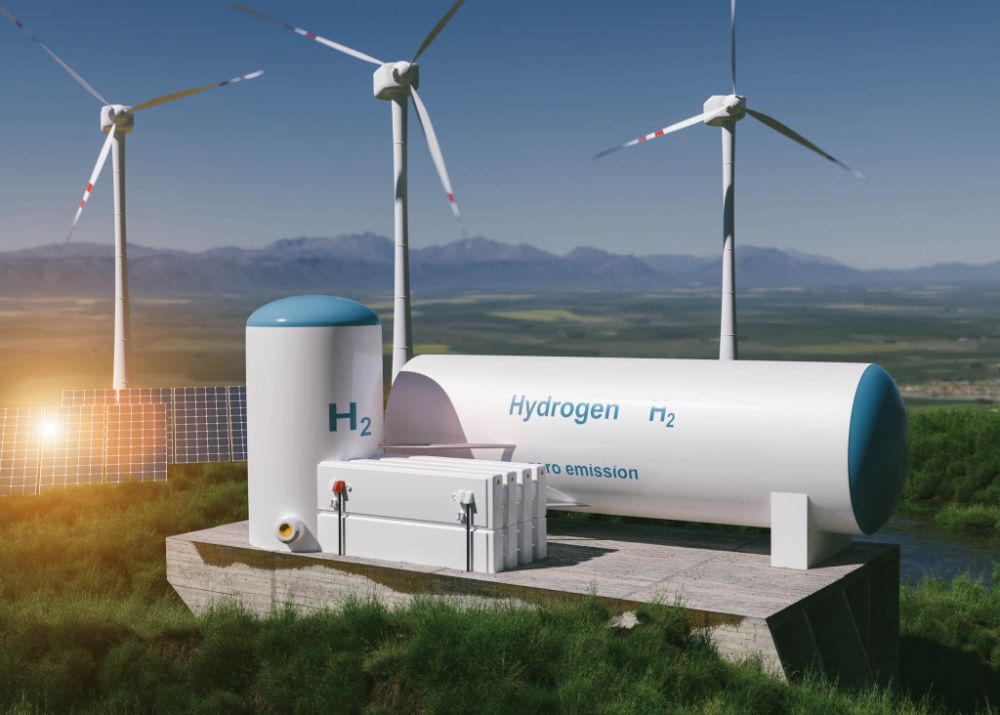Kerala has earmarked a substantial budget of over INR 12,400 crore for the development of a green transport corridor, complemented by an allocation of INR 90 crore for the initial phase of the green hydrogen valley project. The comprehensive funding aims to cover all aspects of the hydrogen value chain, encompassing production, distribution, and transportation, with a focus on establishing three hydrogen valley platforms.
The “Green Corridor” project, connecting the Ernakulam Town and Ernakulam Junction railway stations with a 2.5km stretch, had its detailed project report (DPR) submitted by Kochi Corporation in 2020.

The state envisions the creation of two green hydrogen valleys in Kochi and Thiruvananthapuram, with proposal preparations underway for the Vizhinjam project and the Kochi valley proposal already submitted to the Department of Science and Technology (DST), Ministry of Science and Technology.
Earlier this year, the Energy Management Centre, Kerala (EMC), and the Agency for New and Renewable Energy Research and Technology (ANERT) had proposed separate Hydrogen Valleys in Kochi and Thiruvananthapuram. Following directives from the Department of Science and Technology (DST), both agencies were instructed to merge their proposals into a single, comprehensive Detailed Project Report (DPR).

In the 2023–24 Kerala Budget unveiled in February, a INR 200-crore plan was outlined for grants, equity support, and viability gap funding to establish “Green Hydrogen hubs” in Kochi and Thiruvananthapuram over the next two years. The European Commission’s Mission Innovation program is also playing a role in encouraging research and development initiatives, with the DST accepting applications for the establishment of hydrogen valleys.
Beyond hydrogen-focused initiatives, Kerala is ambitiously seeking to convert the West Coast Canal, coastal highways, and hill highways into green economic trade corridors. The estimated costs for the West Coast Canal project, coastal highway project, and hill highway project are INR 2,400 crore, INR 6,500 crore, and INR 3,500 crore, respectively. The state government is actively mapping potential areas for economic development along these corridors, with plans for transit-oriented development already in progress.

This strategic allocation of funds underscores Kerala’s commitment to fostering research, innovation, and the capacity of scientific and industrial entities. The overarching objective is to showcase and deploy clean hydrogen solutions at local, regional, and national levels.
